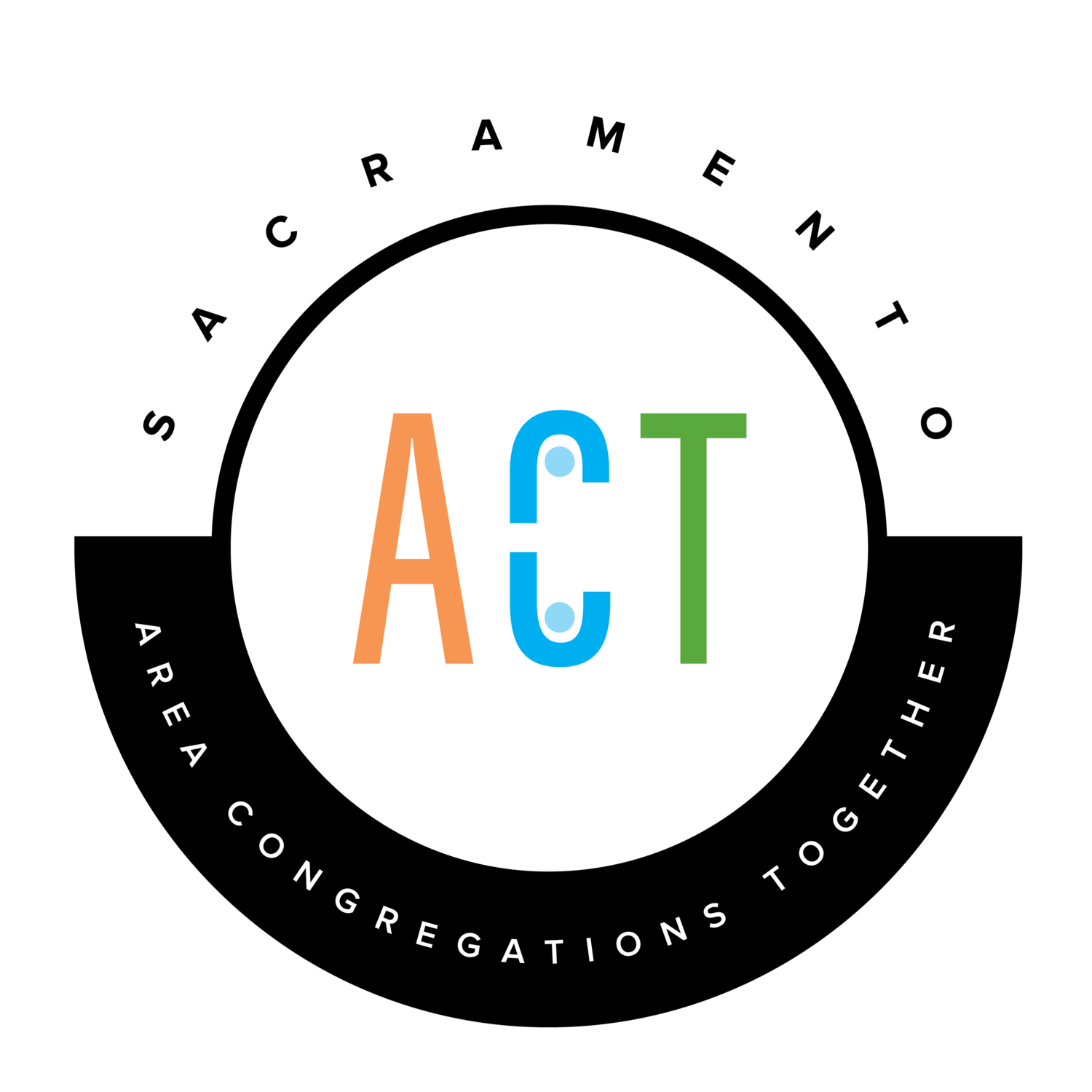SEPTEMBER 10, 2020 06:39 PM , UPDATED 6 HOURS 18 MINUTES AGO
The Sacramento County Board of Supervisors has finalized a $6.4 billion budget that relies heavily on a one-time influx of federal money given to local governments to lessen the impact of the ongoing coronavirus pandemic.
In a meeting on Wednesday and Thursday, the supervisors faced a wave of skeptical residents and community groups, questioning their stewardship of federal money after many learned in recent weeks that most of the money was directed toward the Sheriff’s Office.
Sacramento County received $181 million in Coronavirus Aid, Relief and Economic Security Act money from the federal government. But the county used all the money in the previous year’s budget, which is why it started out with a $161 million surplus for the fiscal year 2020-21. Some $146 million of that was because of the coronavirus funding.
The budget includes large increases to health services related to COVID-19, including $71 million for testing and other related programs; nearly $7 million to feed homebound seniors; and $11 million to aid the homeless.
It also includes an additional $38 million for the Sacramento County Sheriff’s Department for increased salary and benefits cost and to comply with a judge’s order to improve living conditions in local jails; and an extra $8 million toward the probation department.
Several residents took aim at the large funding bumps for agencies that support incarceration over human services, criticizing the county’s budget priorities. The budget meeting stretched into Thursday afternoon and the sheriff’s funding was not significantly changed.
“Our communities are facing five crises as we meet tonight: the pandemic, an economic crisis, an impending eviction crisis, a crisis of confidence in our current approach to law enforcement and a climate crisis that should be obvious to all of us,” said Rick Eaton, a resident of Carmichael and member of Sacramento Area Congregations Together, during the public comment period Wednesday.
“It is simply irresponsible and a failure of leadership to ignore these crises and adopt a business-as-usual without significant changes.”
THE PEOPLE’S BUDGET
The board approved the budget at a time when residents and organizers wanted more funding directed to health and social services programs and less for law enforcement and jails.
The idea grew from a similar movement in Los Angeles where organizers surveyed the community on what budget priorities should be. A similar survey is underway in Sacramento called the People’s Budget. The survey has garnered more than 2,000 responses as of Wednesday, said Katie Valenzuela, one of the organizers behind the effort.
Organizers say the survey results so far reveal that many residents favor other priorities over law enforcement, which accounts for an outside portion of county spending.
“Our mission and work are guided by this survey and what the people say they want. We’ve had 2,000 people fill out the survey in the two weeks it was out,” Valenzuela said, adding that they hope to reach 5,000 responses in a few weeks.“
What we heard overwhelmingly was that folks wanted more money to human services ... and prevention and less money going to law enforcement and criminalization.”
The city of Sacramento appears headed in the same general direction as the county. Although the city may create a new “participatory budget,” it likely won’t redirect money from public safety to the fund. The city’s two largest public safety unions sent a letter to the council on Tuesday opposing reductions to their budgets.
‘DEFUND’ EQUALS MORE CRIME?
During Wednesday night’s meeting, the “defund” effort was largely dismissed by Sheriff Scott Jones, who said he wanted to “provide a counterbalance” to the conversation around police funding. Jones’ budget presentation was intended to beat back the growing calls to redistribute his agency’s outsize share of the county money.
“We’re all familiar with the term defunding the police but it has many different names: abolition, realigning or reprioritizing police finding, reimagining police; and here locally there’s been quite a bit of traction gained on what is called the people’s budget,” Jones said in front of a podium.
“Importantly, it means taking money specifically from law enforcement as opposed to any other source and reallocating it for other purposes.”
He then rattled off a list of headlines about rising crime in Los Angeles, Austin, Baltimore, San Francisco, New York City, Washington DC and Portland. The news stories were mostly from a collection of conservative-leaning websites. And the upshot of Jones’ message was: Cut funding and crime rises.
“It’s important to note that none of these cities completely defunded their police departments.,” Jones said. “So these are the models that we have and, I think, as we go through each of these cities you will see that there is one outcome and one outcome alone. There is no alternative reality than what has occurred in each of these cities.”
Only Jones’ presentation was more simplistic than what researchers and experts say is actually happening in cities across the country. Crime in most cities actually fell during the pandemic -- and in some cases, after protests, according to data collected by a professor at the University of Pennsylvania.
However, homicides in some places, like New York City, have increased. William Vizzard, a professor emeritus of criminal justice at Sacramento State, said there are only theories but no solid data on why homicides have spiked.
Vizzard said the latest effort to reform police departments may be worthwhile but the messaging is still confusing.
“Although a few really militant individuals mean it literally, most mean redirect some police funding to social services and seek alternatives to (the) police for potential conflict situations,” Vizzard said in an email. “However, it is a slogan ready-made for striking fear in the middle class.”
